Considering installing an EV charger at home? Or perhaps you're a business owner thinking about setting up charging stations for your employees or customers? Here's some good news: You may be eligible for a tax credit to help cover the cost of purchasing and installing an electric vehicle charger!
In this guide, we'll take you through what the EV charger tax credit is and how to apply for it. We hope this information helps you make the most of the available incentives.
What is the EV Charger Tax Credit?
Simply put, the EV charger tax credit is a benefit that lets you deduct a percentage of the cost of purchasing and installing an electric vehicle charging station from your taxes. In the U.S., you can typically claim up to 30% of the total cost—including both the equipment and installation—up to a maximum of $1,000 for residential chargers and $30,000 for business installations.
This credit is designed to make it more affordable to install an EV charger, whether it's for your home or business. It’s part of a larger effort to encourage the switch to electric vehicles and reduce carbon emissions.

How to Determine Eligibility
Before you dive into the application process, let’s figure out if you actually qualify for the tax credit. Here’s what you need to know:
-
Eligible Equipment: The charging station needs to meet certain standards. Typically, it should be a Level 2 charger, which is the standard for home and business installations. Make sure your charger is certified by the appropriate regulatory bodies (like UL certified in the U.S.).
-
Installation Location: The tax credit applies to chargers installed at your primary residence, but if you’re a business owner, you can also claim this credit for chargers installed at your commercial location (like a parking lot or customer-facing space).
-
Income Requirements: Most of the time, anyone can apply for this tax credit, regardless of income. However, some states or local programs may have specific criteria, so it's always good to double-check.
-
Maximum Credit: Remember, the credit can cover up to 30% of your costs, with a $1,000 cap for residential installations and $30,000 for business installations.
Autel offers reliable home EV chargers that are perfect for everyday use, providing fast and efficient charging right at your doorstep. For businesses, they also offer durable commercial EV chargers designed to meet the needs of high-traffic areas, ensuring your employees and customers can charge their vehicles with ease.
Local Incentives and Additional Rebates
Many states, local governments, and utility companies offer additional incentives and rebates to sweeten the deal.
-
Utility Company Programs: Some electric utility providers offer special rates for customers who install EV chargers. You might even be able to get a rebate for part of your installation cost, or lower electricity rates to charge your EV more cheaply.
-
Local Government Programs: Don’t forget to check if your local city or county offers any incentives. Some municipalities offer grants or subsidies to encourage the adoption of electric vehicles and charging infrastructure.
To make sure you’re not missing out on any local deals, visit websites like the Department of Energy's Alternative Fuels Data Center, where you can search for state and local incentives.
How EV Owners Can Apply for the Tax Credit
Now that you know you’re eligible and there might be additional rebates available, it’s time to apply! Here’s a step-by-step guide:
-
Step 1: Purchase and Install Your EV Charger
First, you’ll need to buy and install your EV charger. Make sure it’s a Level 2 charger, and hire a certified professional to install it (unless you’re handy and comfortable with electrical work). -
Step 2: Gather Your Documents
Keep a copy of the invoice for your charger and installation, as well as proof of payment. You’ll need these when you file your taxes. If your utility company or state provides any rebates or incentives, keep those receipts and approval documents too. -
Step 3: File Your Taxes
When tax season rolls around, you’ll file the IRS Form 8911 (for U.S. residents) to claim the credit. You’ll list your EV charger and installation costs on this form and attach the necessary receipts or certificates. -
Don’t worry if tax forms seem intimidating—you can always consult a tax professional to ensure you’re filling everything out correctly.
-
Step 4: Wait for Your Refund
After submitting your tax return, the IRS will apply the credit to your tax bill or refund. If you’ve overpaid your taxes throughout the year, you should see a reduction in the amount you owe—or get that money back in your refund!
Role of EV Charger Suppliers and Installers
If you’re a supplier or installer of EV chargers, you play a key role in helping your customers navigate this process. Here’s how you can assist:
-
Educating Customers: Many people don’t realize they’re eligible for the tax credit, so it’s helpful to explain the process and let them know about local incentives as well. Provide your customers with clear, detailed invoices showing both the cost of the equipment and the installation.
-
Documentation Support: To ensure they can claim the credit, provide any necessary documentation, like installation certification or equipment specifications. This way, they won’t run into issues when filing.
-
Stay Informed: Tax laws and incentives can change, so make sure you’re up to date on the latest policies. Offer additional resources or consult with tax professionals to provide the best possible service.
FAQs
Yes, you can still claim the tax credit if you installed the charger yourself, as long as the installation meets local safety codes. The key is ensuring the work is done correctly and complies with all necessary electrical and building regulations. While you can handle the installation yourself, it’s a good idea to have it inspected by a licensed electrician to make sure everything is up to code.
If your local jurisdiction requires inspections or certifications, make sure you get the proper documentation to prove the installation is safe and compliant. Keep all receipts for the charger and installation costs, as these will be essential when filing for the tax credit.
Yes, businesses can apply for the tax credit and, in fact, they can claim a significantly higher amount than individuals. Businesses can receive up to 30% of the total cost of purchasing and installing EV chargers, with a maximum credit of $30,000 per installation. This applies whether the chargers are for employees or customers, so businesses that install charging stations for their staff or customers can benefit from the credit.
In addition to the federal credit, many states and local governments offer additional incentives or rebates that businesses can take advantage of, making it even more affordable to install EV chargers. Businesses should also keep in mind that they may be eligible for other tax deductions, such as the Section 179 deduction, which allows deductions for certain types of property, including charging equipment.
If your charger doesn’t meet the necessary certification standards, unfortunately, it won't qualify for the tax credit. The charger needs to be UL-listed (Underwriters Laboratories) and be a Level 2 charger, which is the standard for most home and business installations. Level 2 chargers operate on a 240V supply, offering faster charging compared to Level 1 chargers, which are simply standard 120V outlets.
Make sure to verify that your charger meets these standards before purchasing, as non-certified or incompatible equipment won’t be eligible. Even if the charger is certified, the installation must meet local building codes.
Conclusion
The EV charger tax credit is a great way to save on the cost of installing an electric vehicle charger. Whether you're a homeowner or a business owner, the application process is simple, and there are plenty of ways to stack it with local incentives.
If you're considering installing a charger, now is the perfect time to take advantage of these benefits. For high-quality and reliable chargers, be sure to explore the options available at Autel, where you’ll find both home and commercial solutions that fit your needs.
Related: Powering EV Charging with Autel: Solving Hotel Charging Challenges

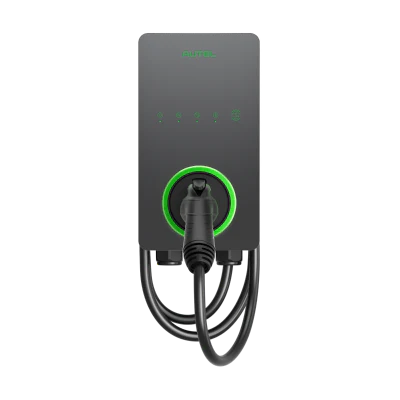
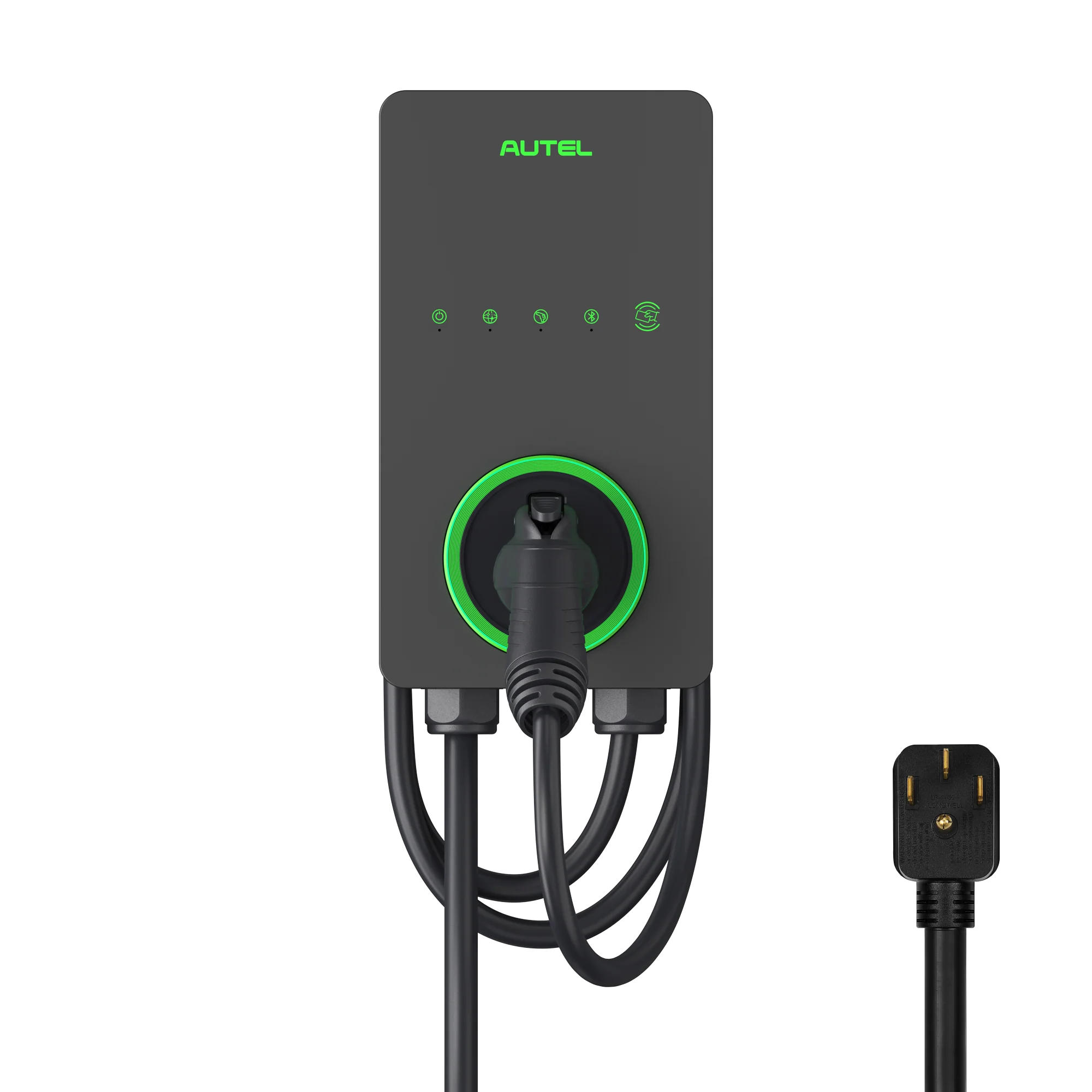
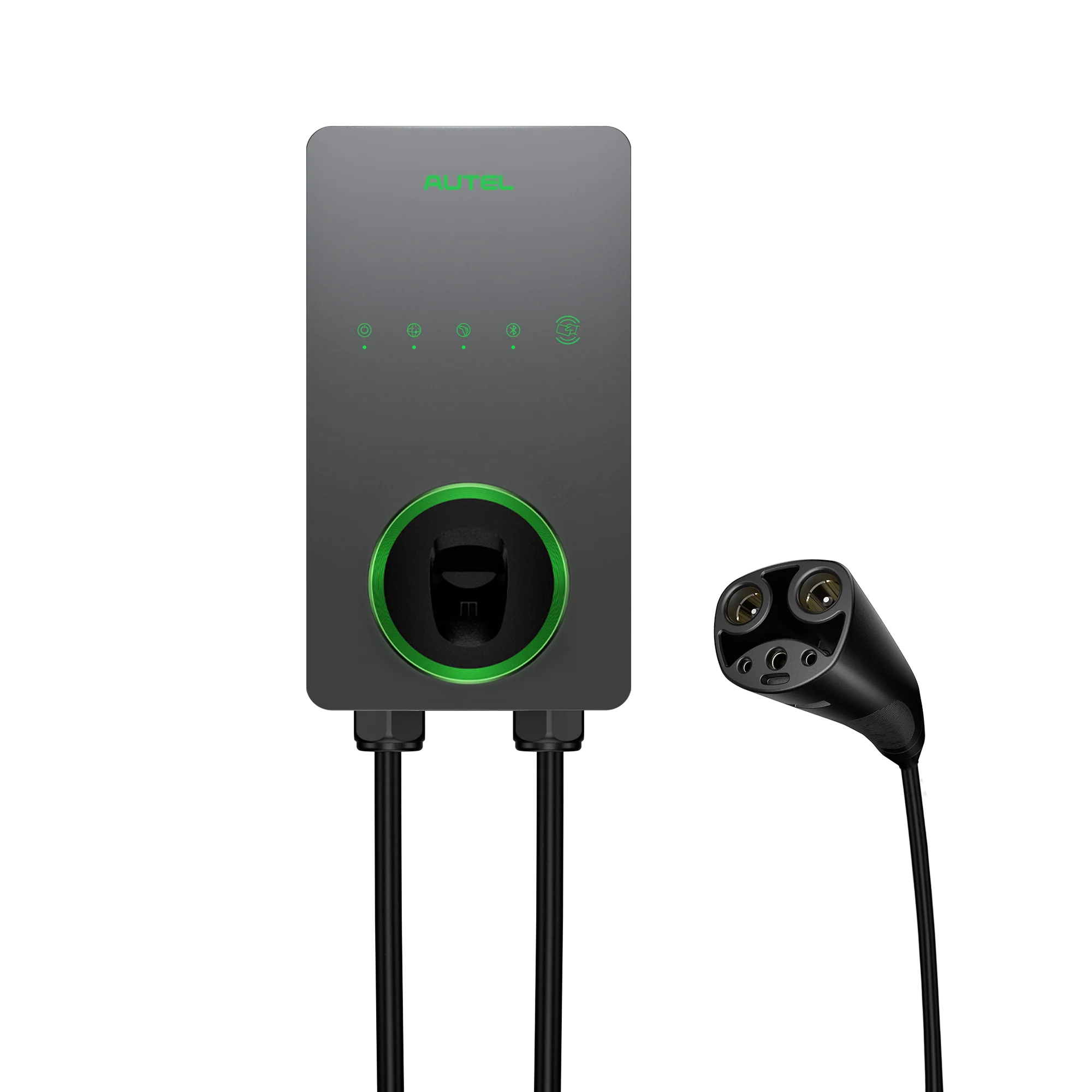
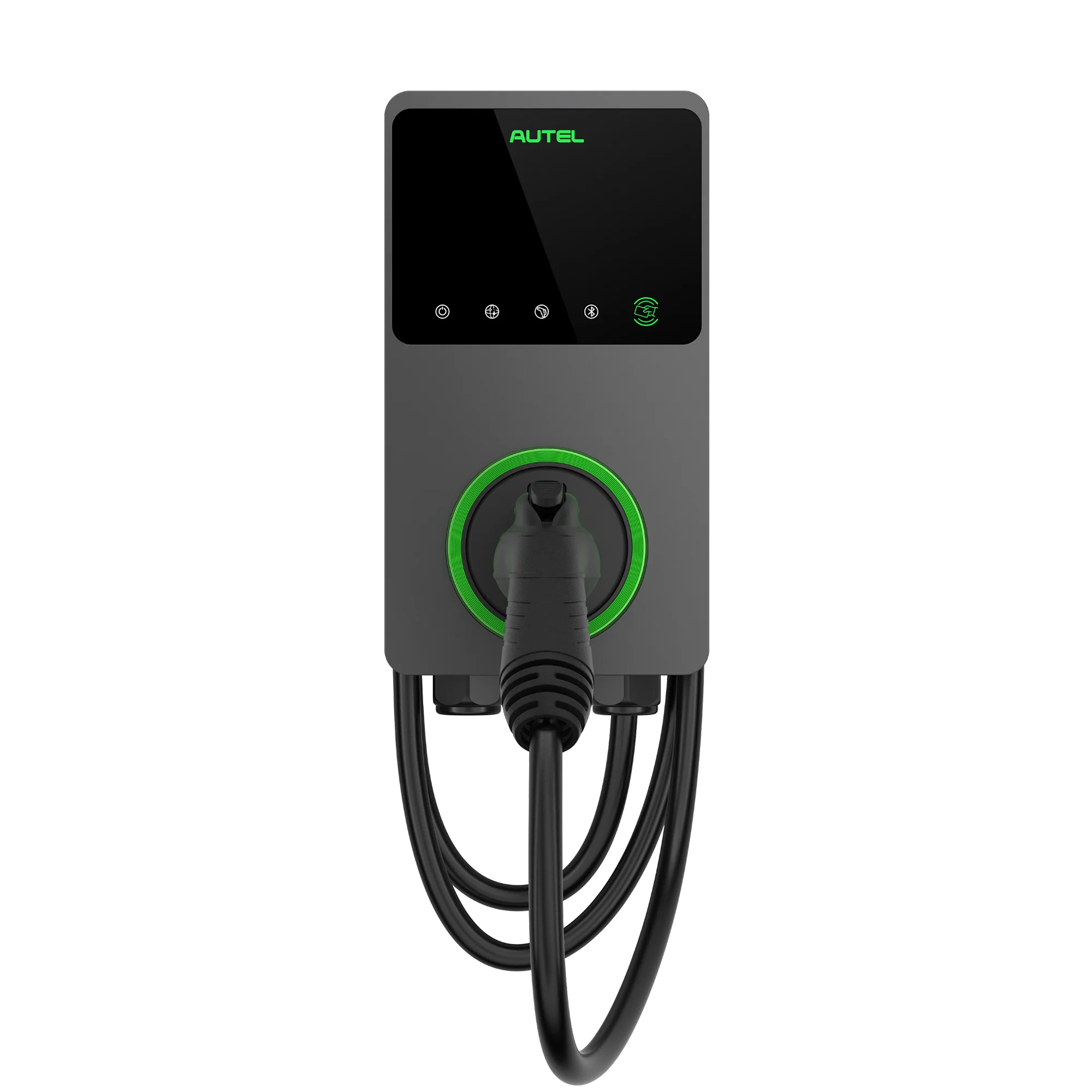
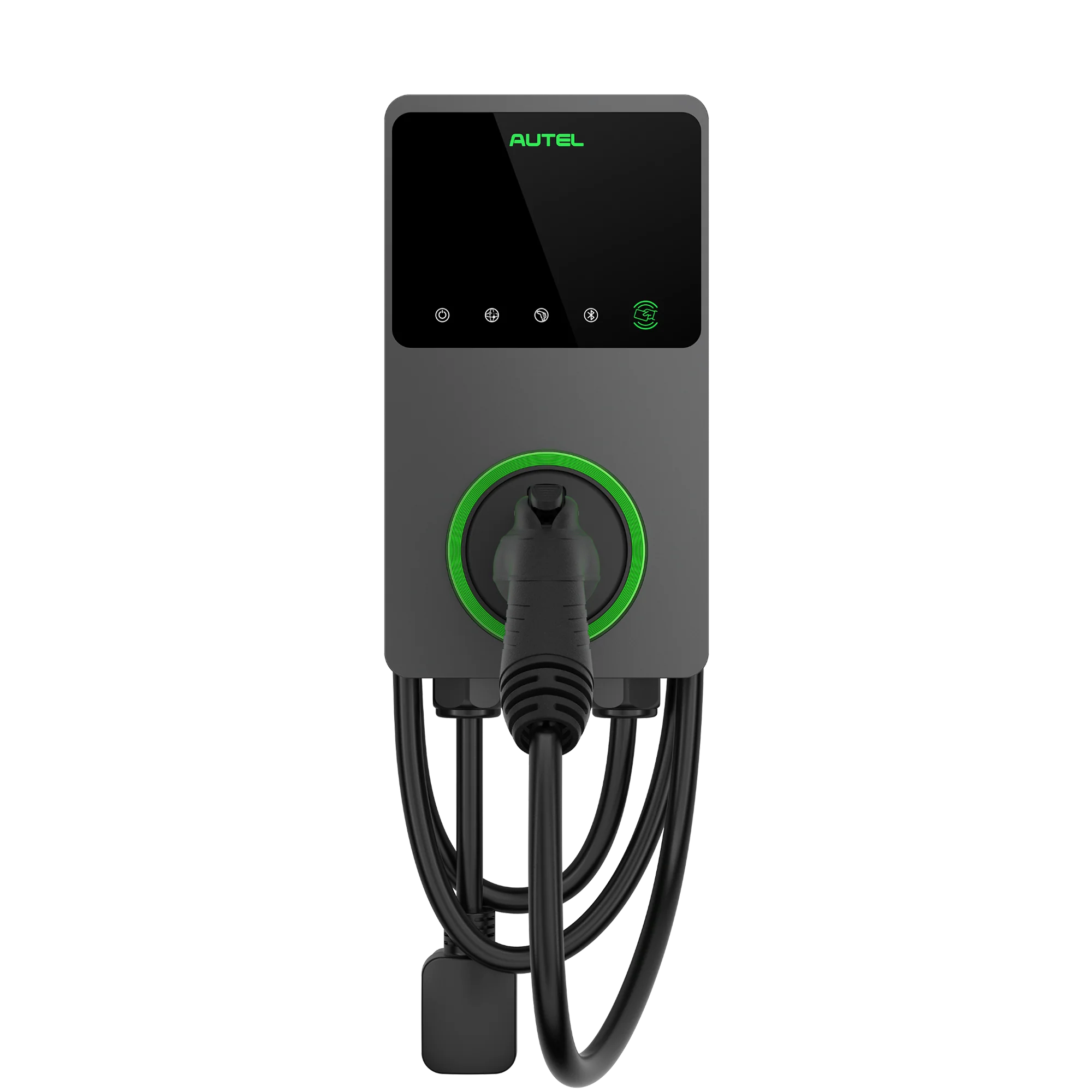
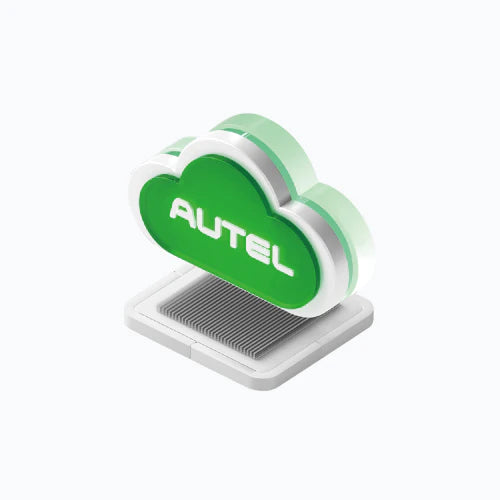
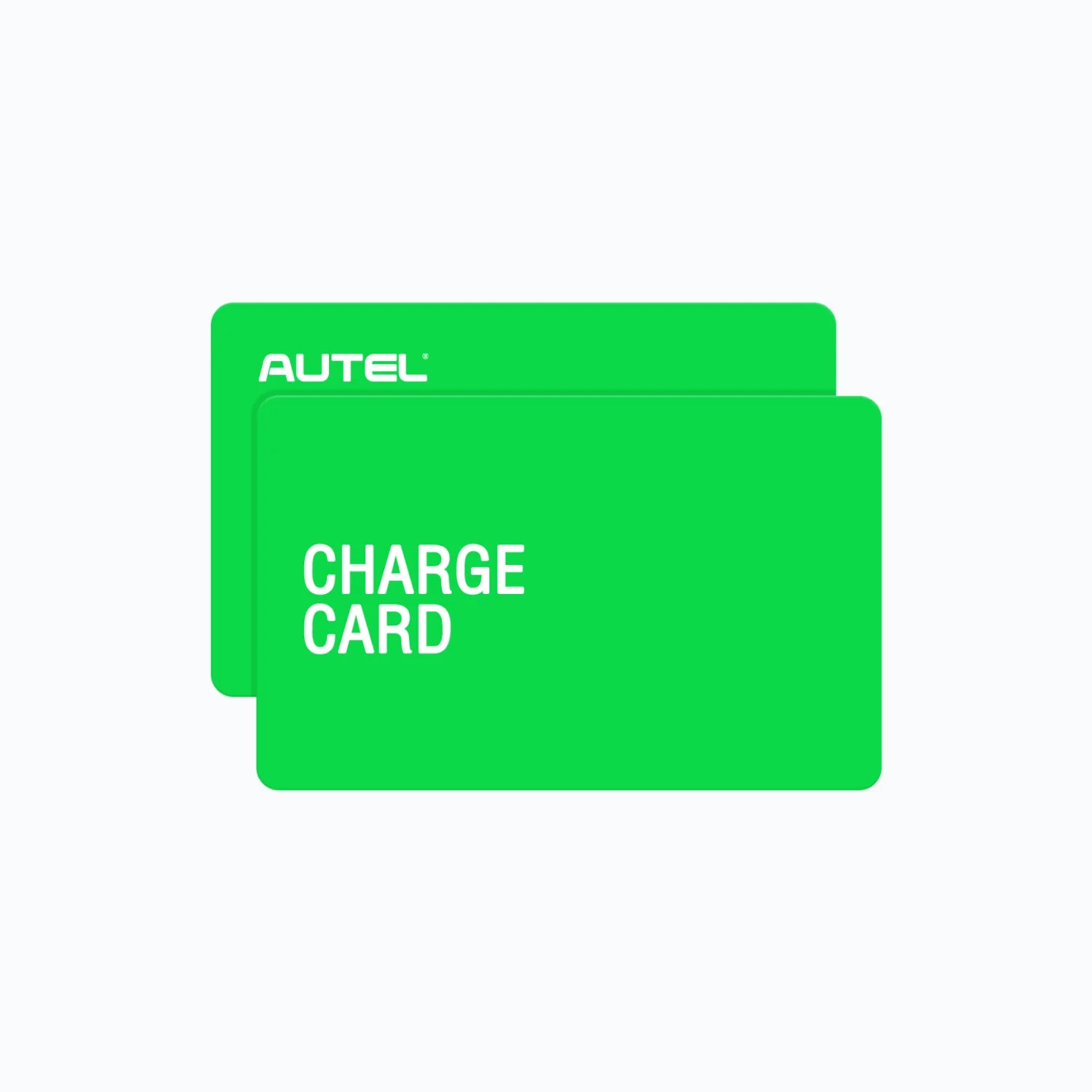
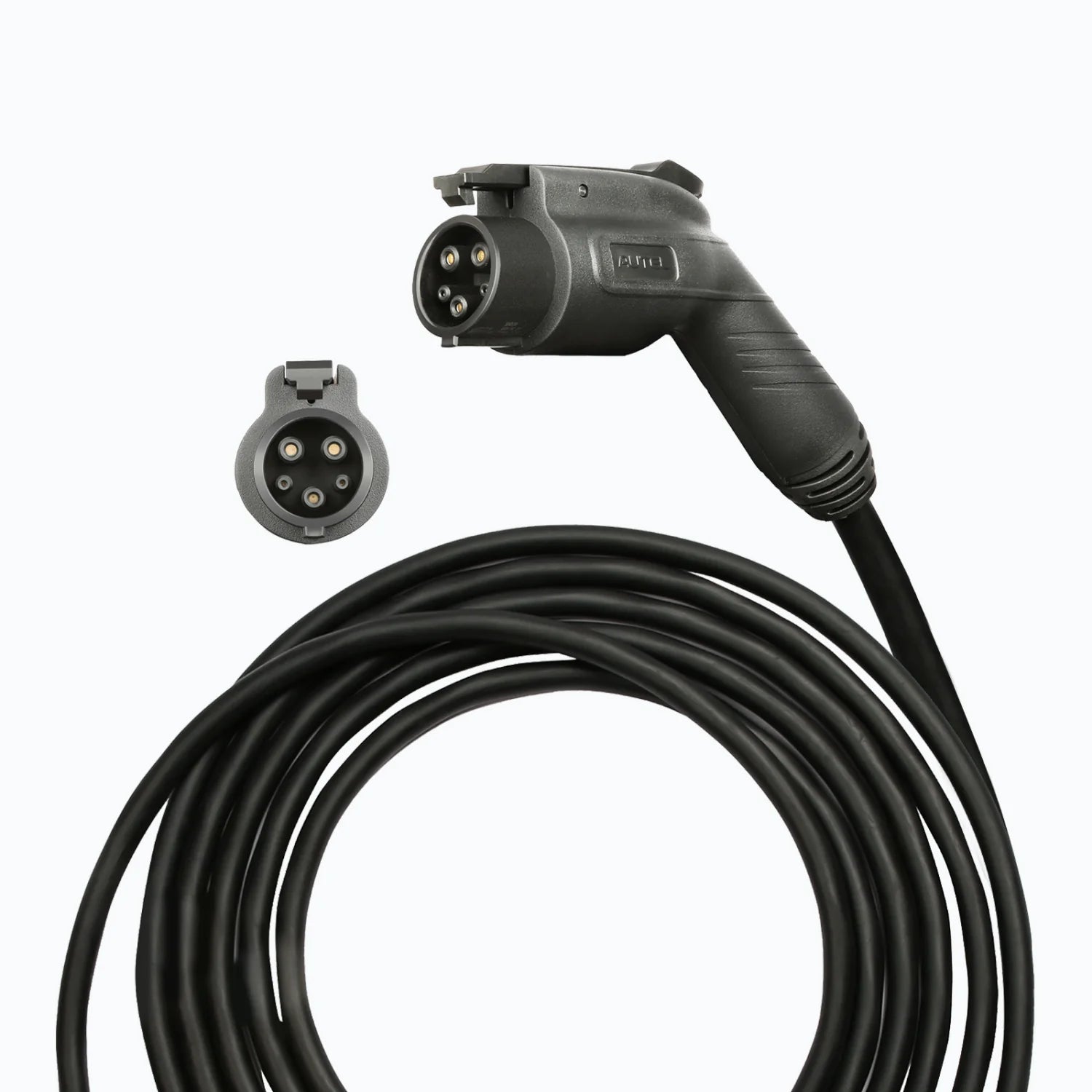

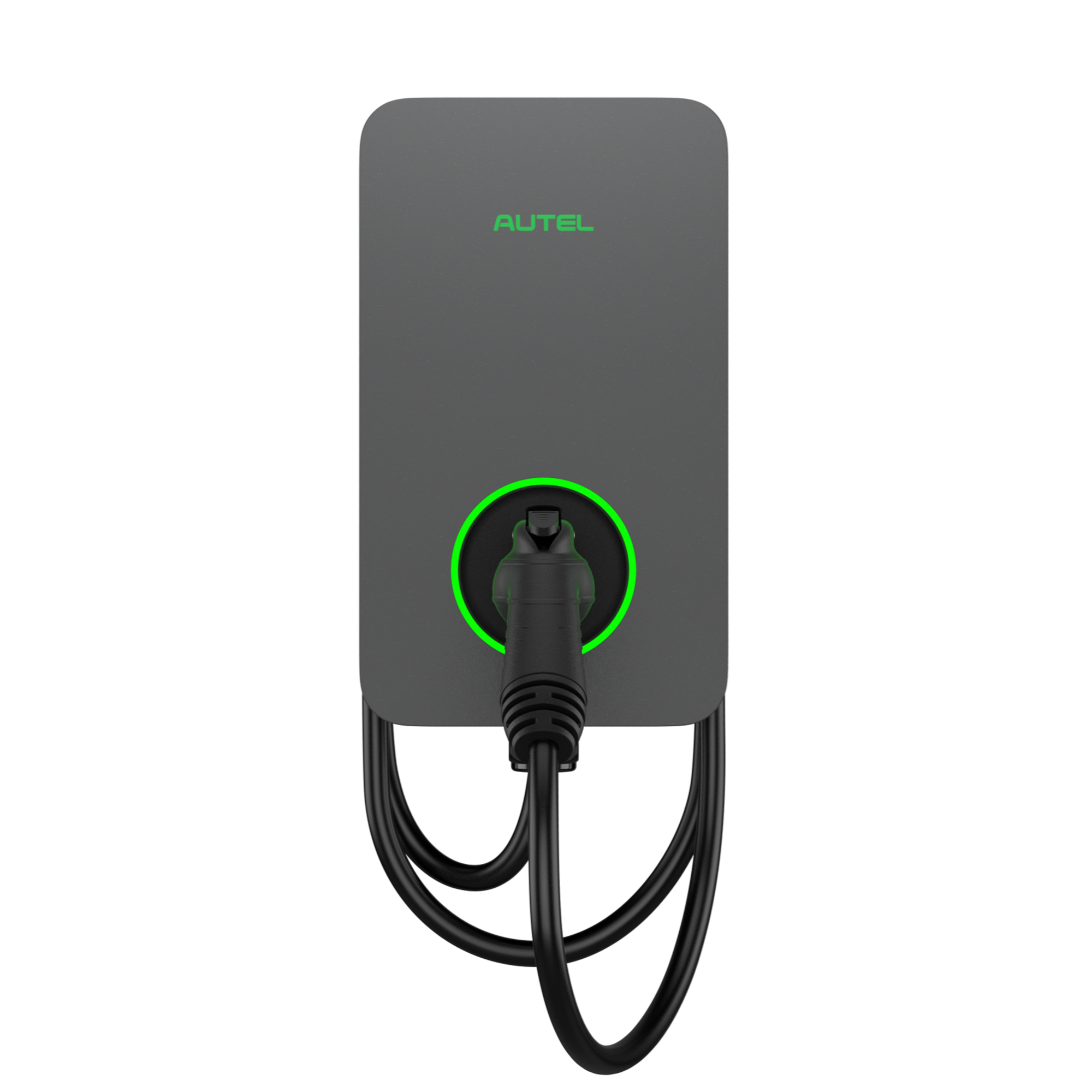

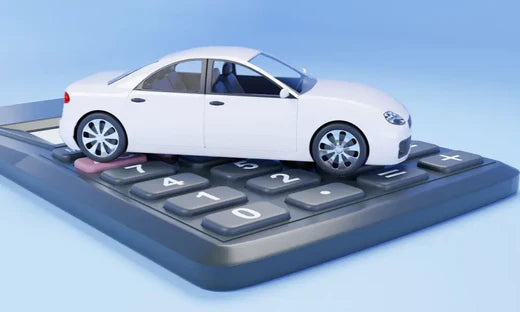
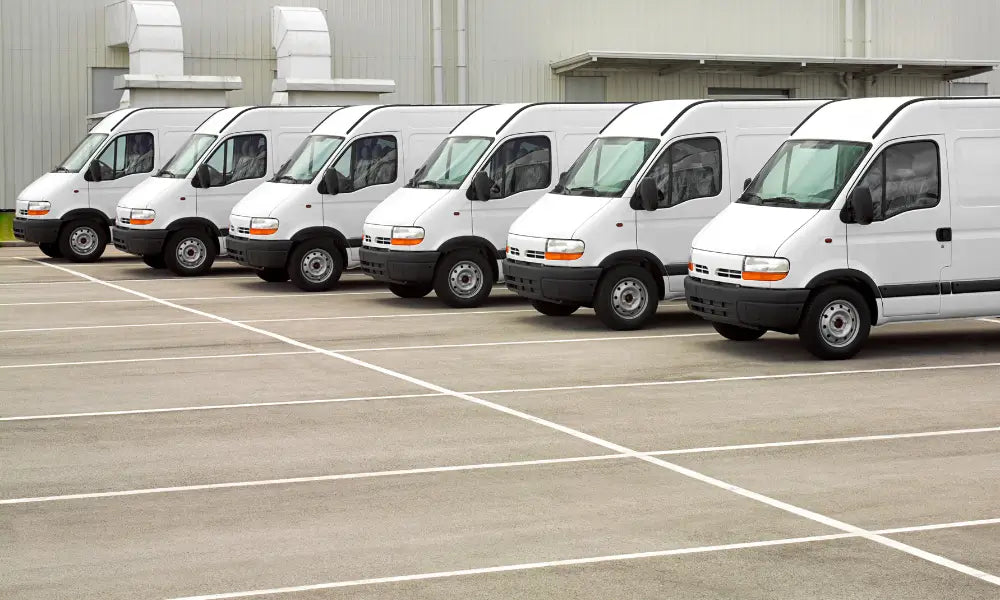
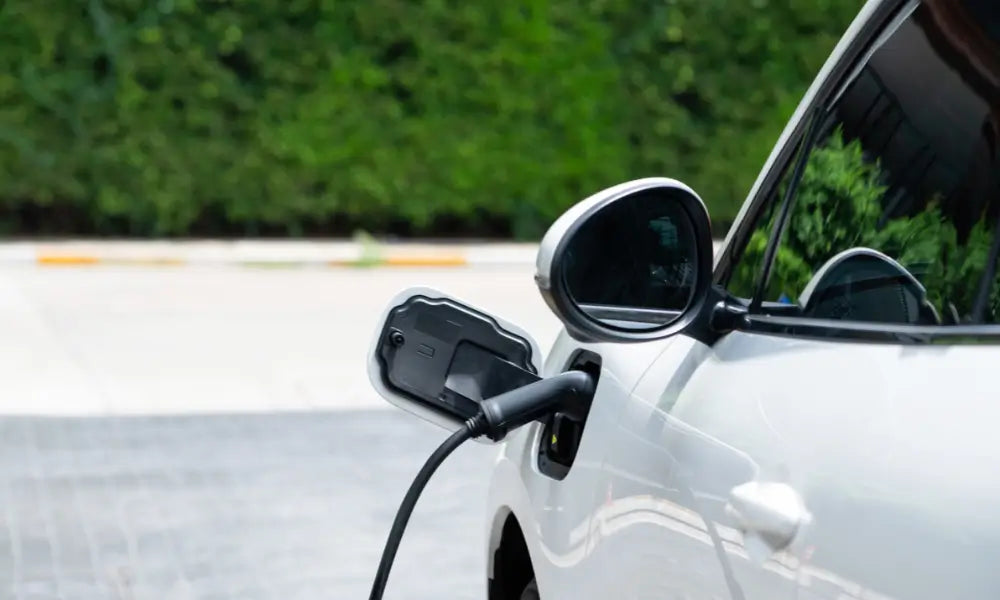
Leave a comment
All comments are moderated before being published.
This site is protected by hCaptcha and the hCaptcha Privacy Policy and Terms of Service apply.